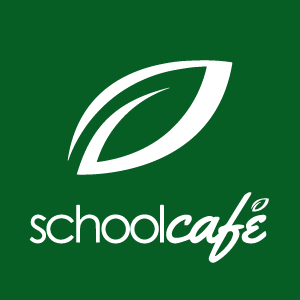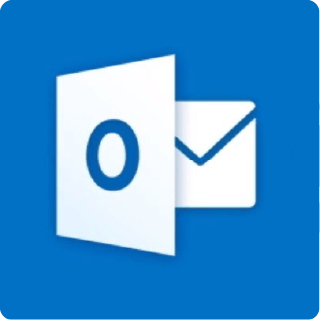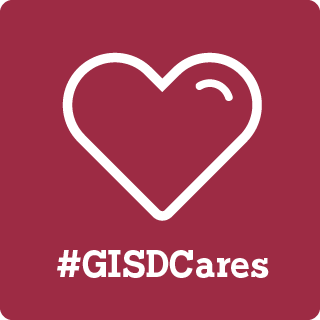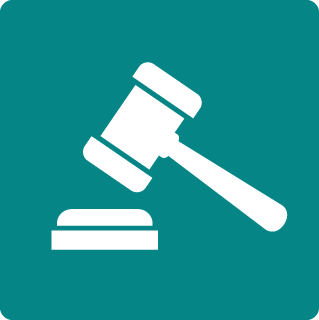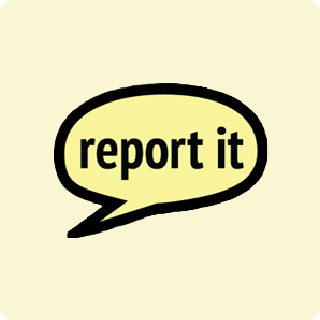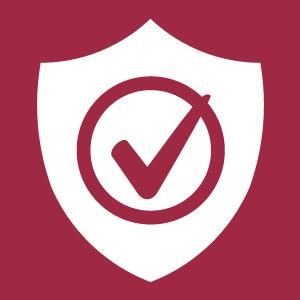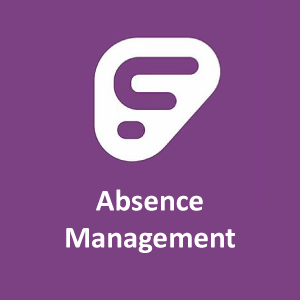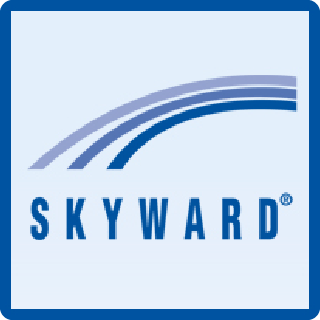
Policies
Read about the rules that govern our district, including the student handbook and code of conduct, the acceptable use policy and more.
On this page
Student Code of Conduct & Handbook
The Student Code of Conduct is the district's response to the requirements of Chapter 37 of the Texas Education Code. The Code provides methods and options for managing students in the classroom and on school grounds, disciplining students, and preventing and intervening in student discipline problems.
- Student Code of Conduct & Handbook
- Student Code of Conduct & Handbook - Spanish
- Student Code of Conduct & Handbook - Vietnamese
Updates to student discipline laws
House Bill 6 (HB 6) of the 89th Texas Legislature, Regular Session, 2025, requires the Texas Education Agency to provide each school district with a report explaining updates to student discipline laws. Each district must then share this report with every student and parent/guardian.
To meet this requirement, TEA created a family-friendly guide called Overview of School Discipline for Parents. This guide explains the main rules for student discipline and highlights the recent changes in law.
- English version: Overview of School Discipline for Parents
- Spanish version: Overview of School Discipline for Parents
For more details about HB 6, visit TEA’s website: TEA HB 6 Information.
Technology-related policies
Student Personal Communication Device Policy
Guidance for how the district is implementing House Bill 1481, a law that prohibits students from using personal digital communication devices, including cell phones, smartwatches, and personal tablets, during the school day.
- Student Personal Communication Device Policy - New for 2025-26
Acceptable Use Policy (AUP)
The AUP is a set of rules that restricts the ways in which GISD technology resources may be used. This document includes a definition of what district technology resources are and what is considered acceptable use. It also discusses how system access is governed, user responsibilities, prohibited activities, and network etiquette.
- GISD Acceptable Use Policy
- GISD Acceptable Use Policy - Spanish
- GISD Acceptable Use Policy - Vietnamese
1:1 Technology program policies
The 1:1 Technology Program is available for all PK-12th grade students and provides students with access to digital resources and instructional tools.
- 1:1 Technology Program Handbook
- 1:1 Technology Program Handbook - Spanish
- 1:1 Technology Program Handbook - Vietnamese
Artificial Intelligence Guidelines
Google Terms of Service agreements
Terms of Service agreements for services provided that fall outside of the General Google Workspace Agreement.
Children’s Internet Protection Act (CIPA)
The CIPA is a federal law that requires that schools have an Internet safety policy and use an Internet filter to protect students from inappropriate matters on the Internet. Schools are required to protect the safety and security of minors and prevent unauthorized access.
Children's Internet Protection Act - FCC Consumer Facts
Board Policy
This manual contains policies governing the operation of our district. The policies are included because they are required by law or by the Texas Education Agency; because they are recommended by the Texas Association of School Boards as essential to effective District governance and management; or because the Board wishes to make a statement in a particular policy area.
Multi-ethnic Committee
As part of an agreed legal judgment in 1987, the Multi-ethnic Committee meets to discuss topics covered in a Federal Court order related to educational issues and discrimination. See our Multi-ethnic Committee page for more information.
Fundraising and food in schools
Federal law requires that food and beverages sold for in-school fundraising meet Smart Snack nutrition standards. Find out more from these Smart Snack guidelines.
Parent and Family Engagement Policy
- GISD Parent and Family Engagement Policy
- GISD Parent and Family Engagement Policy - Spanish
- GISD Parent and Family Engagement Policy - Vietnamese
Parental Rights and Options
The Texas Education Agency (TEA) has created a form for districts to use in complying with Senate Bill (SB) 12.



